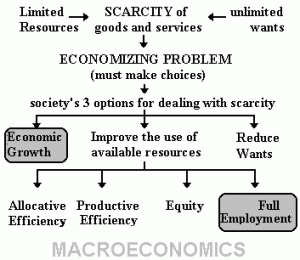Do less, enjoy more
When busy people get busier, it leads to a vicious cycle of falling further and further behind.
If you were to ask Princeton psychologist Eldar Shafir or Harvard economist Sendhil Mullainathan for a better New Year’s strategy, they’d likely suggest that the best resolution you can make is to do fewer things in 2013. The researchers summarized in the forthcoming book, Scarcity: Why Having Too Little Means So Much, they use behavioral economics to explain why conditions of scarcity—whether of time or money—often lead people to make bad decisions. They argue that when busy people get busier, it leads to ignored deadlines, a cluttered desk, and a vicious cycle of falling further and further behind. Amid the disorder, a lot of bad decisions get made, and the best means of escape from this cycle may be a moratorium on new obligations.
“Trust your own instinct. Your mistakes might as well be your own instead of someone else’s.” – Billy Wilder
If you think you’re too busy, you probably are.
Trust your hunches. They’re usually based on facts filed away just below the conscious level.” – Dr. Joyce Brothers
There is a popular saying in the work world now that separates big picture thinking and narrow focus by saying, “I’ve been down in the weeds”. The details are important, but when we are so busy keeping several plates ( projects) twirling in the air, we can’t possibly see anything else but what is right before us.
Have you ever forgotten to pay a bill? Have you forgotten to take the trash out to the street on collection day? Have you forgotten a conference call at work? Have you forgotten an evening meeting like church? Have you forgotten what day of the week it is? Have you forgotten to call your parent or loved one on a regular basis? Have you forgotten where you left your credit card and had to return to a restaurant to retrieve it a day later? Have you forgotten where you put your phone or keys? Have you overlooked anything that is familiar and part of your everyday routine?Guess why you probably forgot these things?
If we think about the premise of the study and the negative impact of scarcity of time or money and consider this model by M. Healy on the 5 E’s of Economics, we see where CHOICE fits in our lives and how “what we want” must be balanced with our options. If the truth be known, we have what we want or we would do something differently when we discover the imbalance. What do you want? What is your time worth? What do you spend your money on? Is it what you really want or are we mindlessly going through the motions- ever busier- no happier? Slow down and look around. Take a note: do less and enjoy what you want more.



Comments are closed, but trackbacks and pingbacks are open.